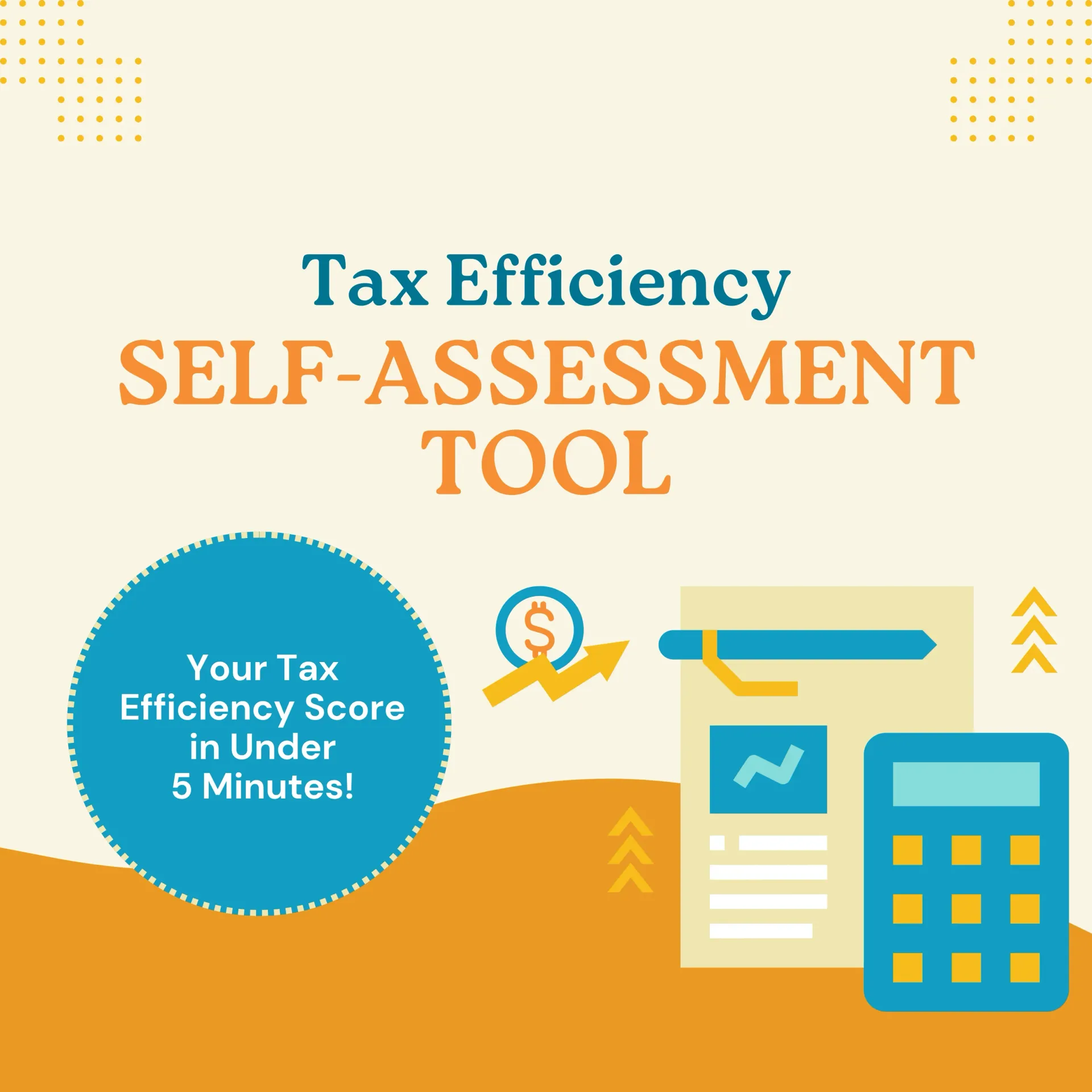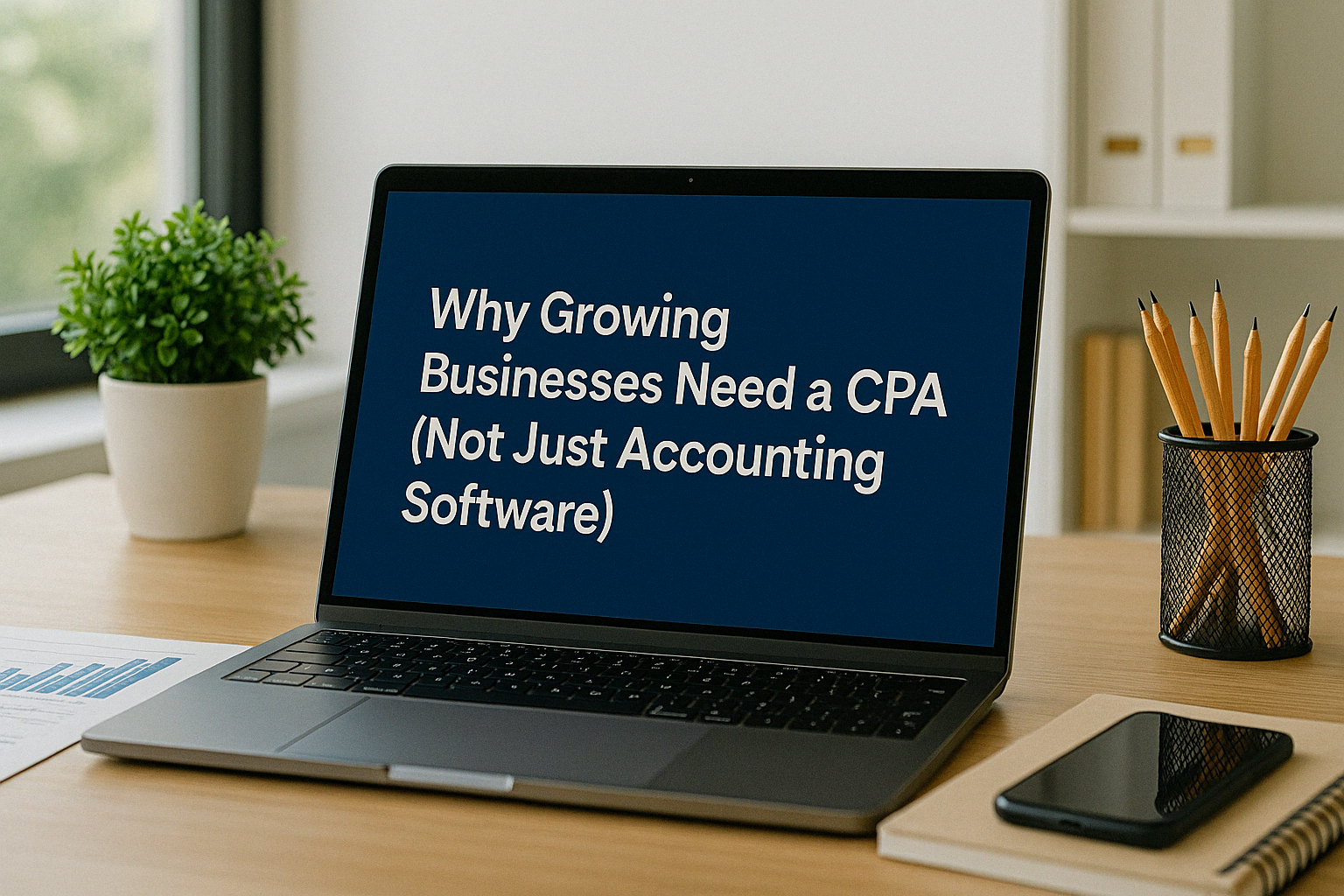Planning for Your Financial Future: Retirement Strategies for Self-Employed Individuals

Guidance on retirement planning and tax considerations for the self-employed.
Let's talk about retirement planning for the self-employed. As a CPA who's worked with countless business owners, I've seen firsthand how crucial it is to have a solid strategy in place. Trust me, it's not as daunting as it might seem at first glance!
The Self-Employment Rollercoaster
Being your own boss is exhilarating, isn't it? But it comes with its own set of challenges. One day you're riding high on a big client win, and the next you're wondering how to cover expenses. I remember when I first started out - there were months when I'd be glued to my calculator, trying to figure out how to make ends meet.
The lack of a steady paycheck and employer-sponsored retirement plans can make saving for the future feel like a pipe dream. But here's the thing: with the right approach, you can turn those challenges into opportunities.
Building Your Financial Foundation
Before we dive into the nitty-gritty of retirement planning, let's talk about setting yourself up for success.
Emergency Fund: You've got to have a safety net. Aim for 3-6 months of living expenses tucked away. It's a lifesaver when those unexpected curveballs come your way.
Debt Management: High-interest debt is like a leaky faucet in your financial house. Fix it first! I once had a client who was drowning in credit card debt. We worked together to consolidate and prioritize payments, and within a year, she was debt-free and putting that money towards her retirement instead.
Budgeting: I know, I know - budgeting isn't sexy. But it's essential. Track your income and expenses religiously. You might be surprised where your money's going!
Retirement Investment Options: Your Golden Ticket
Now, let's get to the good stuff - where to put your hard-earned cash for maximum growth.
- Individual Retirement Accounts (IRAs): These are like the Swiss Army knives of retirement planning. Traditional, Roth, SEP - each has its perks. SEP IRAs are particularly sweet for the self-employed, letting you contribute as both employer and employee.
- Solo 401(k) Plans: If you're flying solo in your business, this might be your best bet. You can contribute way more than with a traditional IRA, potentially saving a bundle on taxes.
- Keogh Plans and SEPs: These are oldies but goodies. They're especially useful if you have freelance income or run a small business.
Tax Talk: Making Uncle Sam Work for You
As a CPA, I get a little giddy when talking taxes. But stick with me - this stuff can save you serious cash.
Tax-Deductible Contributions: Many retirement account contributions are tax-deductible. It's like getting a discount on your future!
Roth Conversions: This strategy can be a game-changer. I had a client who converted her traditional IRA to a Roth during a slow year. She paid some taxes upfront, but now she's looking at tax-free withdrawals in retirement.
Tax Credits: Don't leave money on the table! The Saver's Credit can put up to $1,000 back in your pocket just for saving for retirement.
Real People, Real Success
Let me tell you about Mary, a freelance graphic designer I work with. She maxes out her Solo 401(k) every year, contributing as both employer and employee. Her tax bill has shrunk, and her retirement account is growing like crazy.
Then there's John, a consultant who's mastered the art of Roth conversions. He strategically converts portions of his traditional IRA to a Roth during lean years. It's setting him up for a tax-efficient retirement.
Rolling with the Punches
Life changes, and your retirement strategy should too. Had a great year? Bump up those contributions! Facing a cash crunch? It's okay to dial back a bit. The key is to stay flexible and keep your eye on the long-term prize.
Remember to review your investment portfolio regularly. The mix that worked in your 30s might not be right for your 50s. And stay on top of tax law changes - they can have a big impact on your retirement planning.
Wrapping It Up
Planning for retirement as a self-employed individual isn't always easy, but it's definitely doable. With the right strategies and a bit of discipline, you can build a retirement nest egg that'll let you enjoy your golden years in style.
Remember, every journey starts with a single step. Why not take that step today? Your future self will thank you!
Discover Your Tax Savings Score in Minutes!


Salim is a straight-talking CPA with 30+ years of entrepreneurial and accounting experience. His professional background includes experience as a former Chief Financial Officer and, for the last twenty-five years, as a serial 7-Figure entrepreneur.




